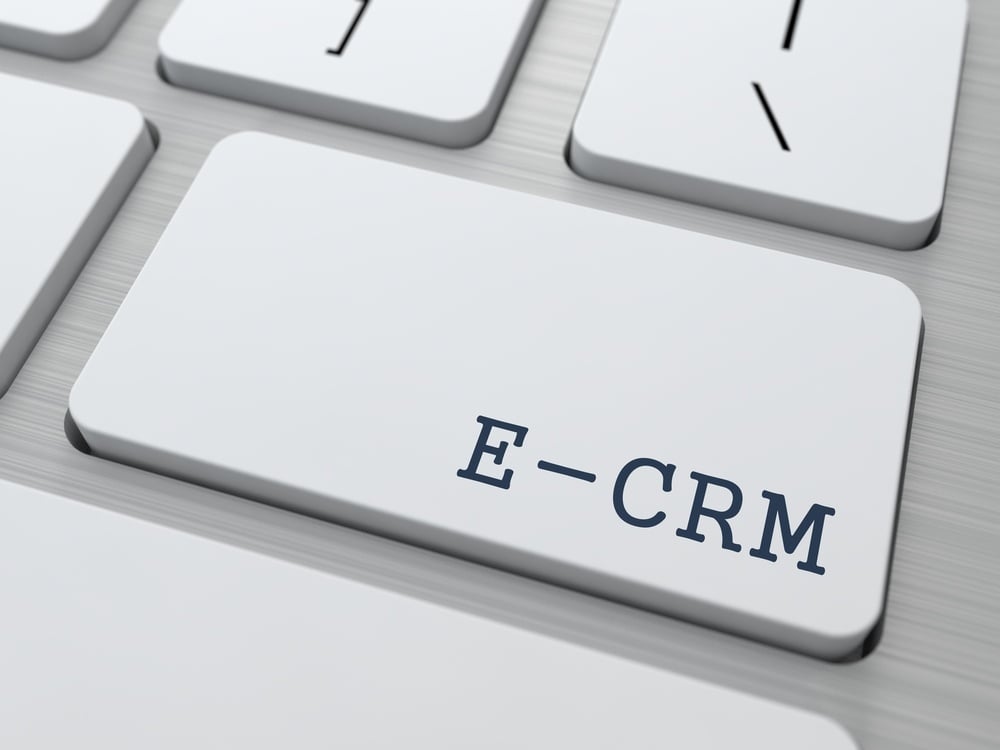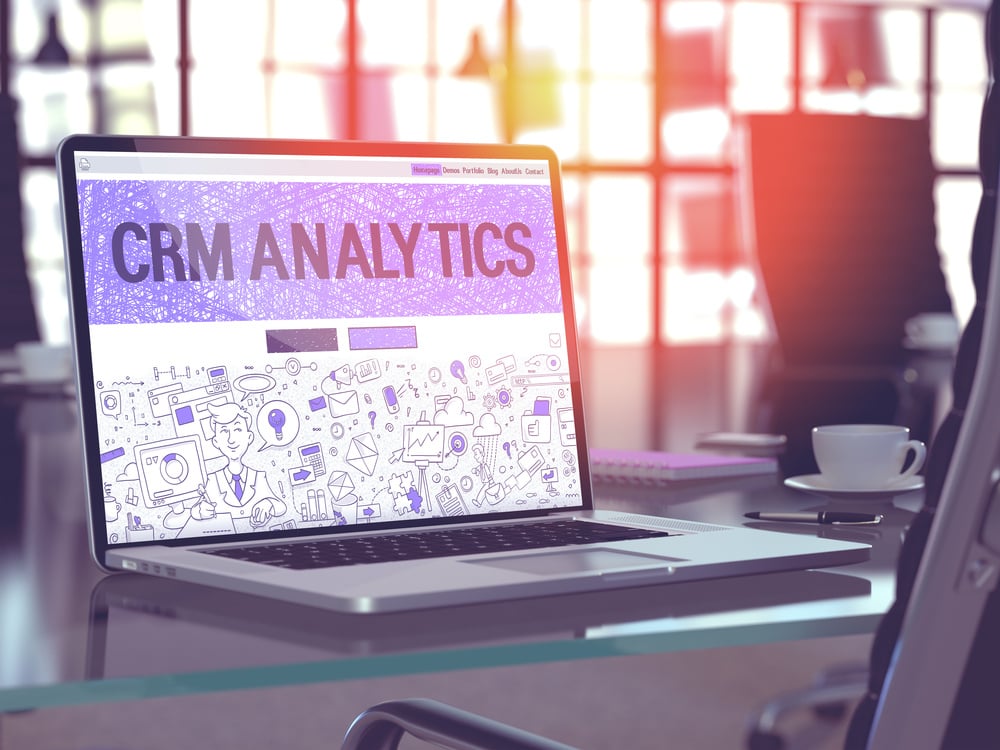CRM?
What is a CRM and why your business needs one
Why a CRM?
CRMs Grow Your Business's Prospects and Customers

Customer Relationship Management
A Customer Relationship Management (CRM) system is a software tool that helps businesses manage and analyze customer interactions and data throughout the customer lifecycle.
A CRM aims to improve business relationships, streamline processes, and ultimately enhance customer satisfaction and loyalty.
5 Key Features of a CRM
A CRM is the All-In-One Tool Your Business Needs
-
Contact Management
CRMs store detailed information about customers, such as contact details, interaction history, and preferences. -
Sales Management
CRMs track sales leads, opportunities, and pipeline stages, helping sales teams manage their activities effectively. -
Customer Support
CRMs facilitate customer service by managing support tickets, issues, and communication history. -
Marketing Automation
CRMs assist in managing marketing campaigns, segmenting customers, and personalizing communication. -
Analytics and Reporting
Finally, CRMs provide insights through data analysis, helping businesses make informed decisions and improve strategies.
7 Reasons Why a Business Should Have a CRM
Without a CRM, Your Business Becomes Stagnant

-
Improved Customer Relationships
A CRM helps businesses understand and respond to customer needs more effectively, leading to stronger relationships. -
Enhanced Efficiency
CRMs help automate tasks and provide a centralized platform for customer information, reduce manual work, and improve team productivity. -
Better Data Management
A CRM consolidates customer data in one place, making it easier to access, update, and analyze.
-
Increased Sales
By tracking leads and customer interactions, a CRM helps sales teams close deals more efficiently and effectively.
-
Personalized Marketing
CRM systems allow businesses to tailor their marketing efforts to specific customer segments, increasing engagement and conversion rates.
-
Improved Customer Retention
By monitoring customer satisfaction and proactively addressing issues, businesses can reduce churn and increase loyalty.
-
Scalability
As a business grows, a CRM can scale with it, accommodating more customers, data, and users without losing effectiveness.

